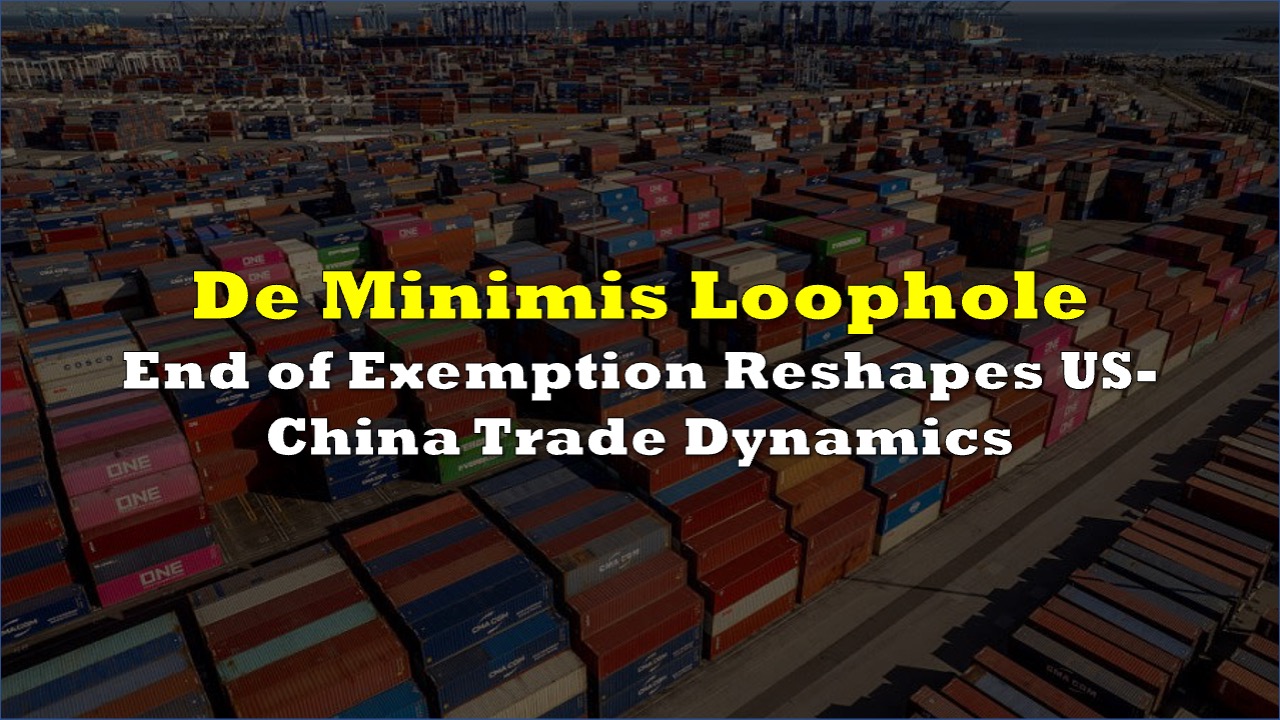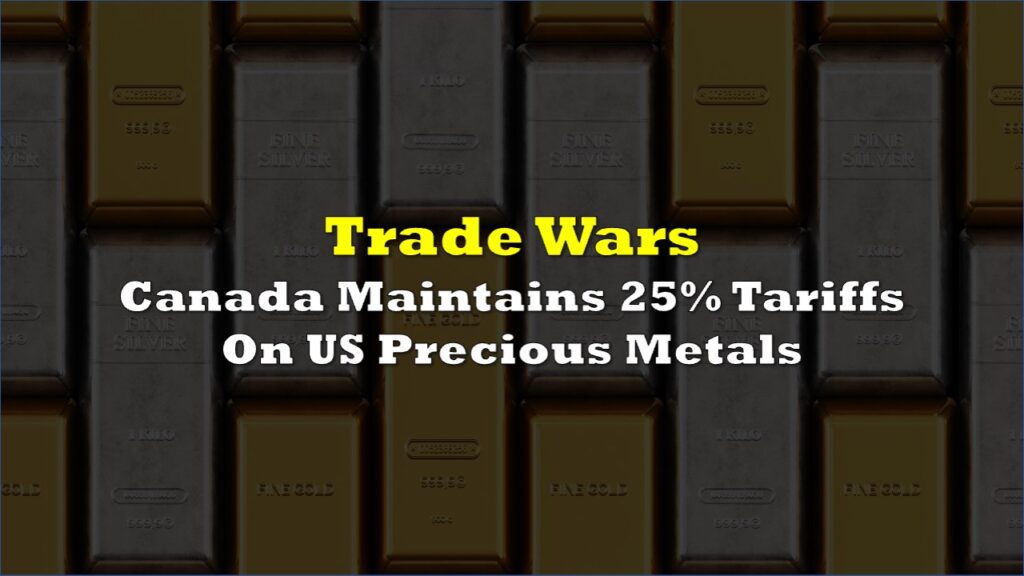Chinese e-commerce platforms face dramatic cost increases following Friday’s expiration of the US de minimis tax exemption, ending a policy that allowed packages valued below $800 to bypass customs duties.
The loophole, heavily utilized by retailers including Shein, Temu and AliExpress, enabled shipments to avoid standard tariffs. US Customs processes approximately 4 million packages daily through this system, according to agency data. Research from the Congress shows that over four-fifths of US online shopping deliveries in 2022 entered as duty-free shipments, predominantly from Chinese sellers.
In response, Chinese retailers are modifying their strategies. Temu announced localizing its fulfillment operations in America, while Shein adjusted pricing on tracked shipments. Companies say these changes help manage the new tariff burden, which could spike to 145% for certain merchandise.
Economic research from UCLA and Yale, cited by CNN, indicates disproportionate effects on working-class Americans, finding that nearly half of package deliveries went to lower-income neighborhoods, compared with just over one-fifth reaching affluent areas.
Dating back more than 80 years, the trade provision emerged during the Great Depression to streamline customs for low-value goods. Government statistics show related commerce expanding from $5.3 billion in 2018 to $66 billion by 2023.
President Donald Trump denounced the arrangement as unfair to domestic businesses when terminating the exemption. Shipping carriers spanning private companies FedEx and UPS to the US Postal Service report preparations for heightened customs workload.
Read: It’s Gonna Be Huge: Shein, Temu Roll Out Big US Price Hikes as Trump Tariffs Bite
Information for this story was found via the sources and companies mentioned. The author has no securities or affiliations related to the organizations discussed. Not a recommendation to buy or sell. Always do additional research and consult a professional before purchasing a security. The author holds no licenses.









